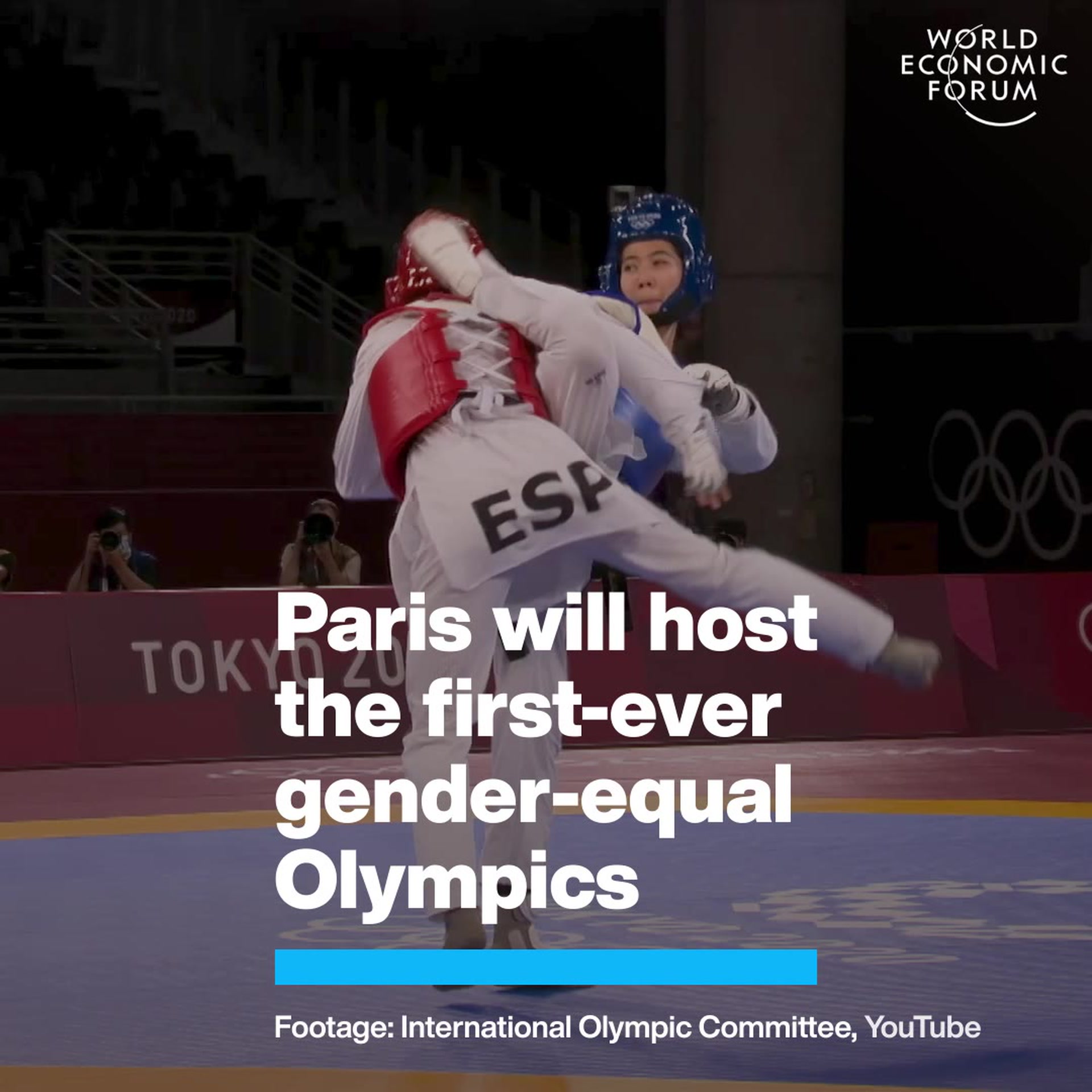It's official – you're less popular than your Facebook friends

The people you follow on social media have a larger following than you do, a study has found. Image: REUTERS/Dado Ruvic/Illustration

Get involved with our crowdsourced digital platform to deliver impact at scale
Stay up to date:
Media, Entertainment and Sport
The people you follow on Twitter have a larger following than you do, no matter how smart and funny you think your tweets are. And the same goes for Facebook.

But there is no reason to feel bad about any of this, according to Naghmeh Momeni Taramsari, a PhD student in electrical and computer engineering at McGill University.
According to her research, which appears in PLOS ONE, it is all due to the inherently hierarchical nature of social media networks, where, in the social hierarchy of connections, people mostly either follow up or across; they rarely follow down.
“Most people tend to think that they are better than their friends when it comes to intelligence, memory, popularity, and other personal traits,” says Taramsari. “However, a recent study by other researchers shows that this perception is false, at least in the context of online social networks.
“In reality, our friends really have more friends than we do, on average. Moreover, our friends are more active (post more material), and are more influential (their posts are viewed and passed on more often). This is known as the Generalized Friendship Paradox.”
So the researchers set out to discover to what extent the friendship paradox is present in the online social network Twitter, and how exactly it is reflected in the network structure (as in, who follows whom).
After using new methods to measure user influence and the extent to which the Generalized Friendship Paradox exists in social networks, a research team has concluded that almost all users (up to 90 percent of us) experience this paradox—even those with relatively high levels of activity and influence.
That’s because people at any level of activity and influence tend to follow others who are more active and influential than themselves, according to Professor Michael Rabbat, who teaches in McGill’s electrical and computer engineering department and is the senior author on the paper.
“Social networks do not simply comprise a few ultra-popular people with tens of millions of followers, followed by the masses, and who themselves only follow a few others,” says Rabbat. “Rather, Twitter is hierarchical in the following sense: those who have millions of connections mostly follow others with million connections. Those with thousands of connections mostly follow others with thousands or millions of connections. Those with a few connections follows others with few, thousands, or millions of connections. Apparently, it’s just the way we’re connected.”
The Natural Sciences and Engineering Research Council of Canada (NSERC) supported the work.
Don't miss any update on this topic
Create a free account and access your personalized content collection with our latest publications and analyses.
License and Republishing
World Economic Forum articles may be republished in accordance with the Creative Commons Attribution-NonCommercial-NoDerivatives 4.0 International Public License, and in accordance with our Terms of Use.
The views expressed in this article are those of the author alone and not the World Economic Forum.
The Agenda Weekly
A weekly update of the most important issues driving the global agenda
You can unsubscribe at any time using the link in our emails. For more details, review our privacy policy.
More on Media, Entertainment and SportSee all
Victoria Masterson
April 5, 2024
Jesus Serrano
March 7, 2024
John Letzing
March 5, 2024
Spencer Feingold
March 4, 2024






